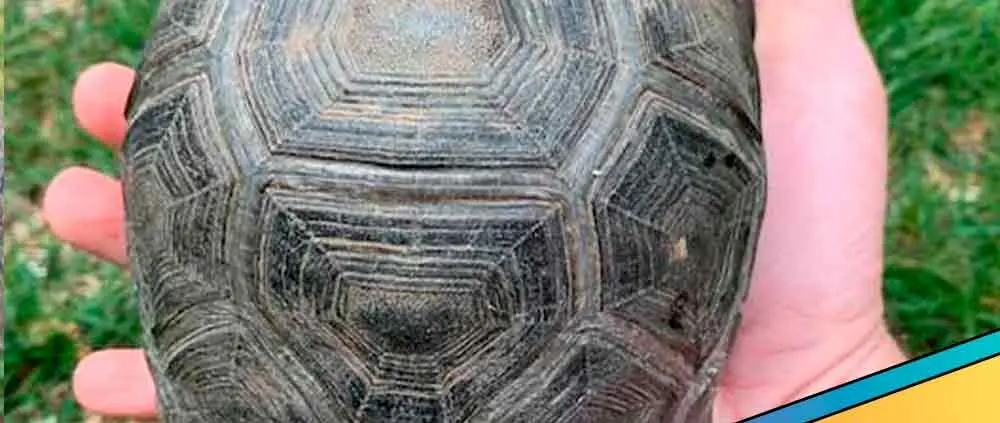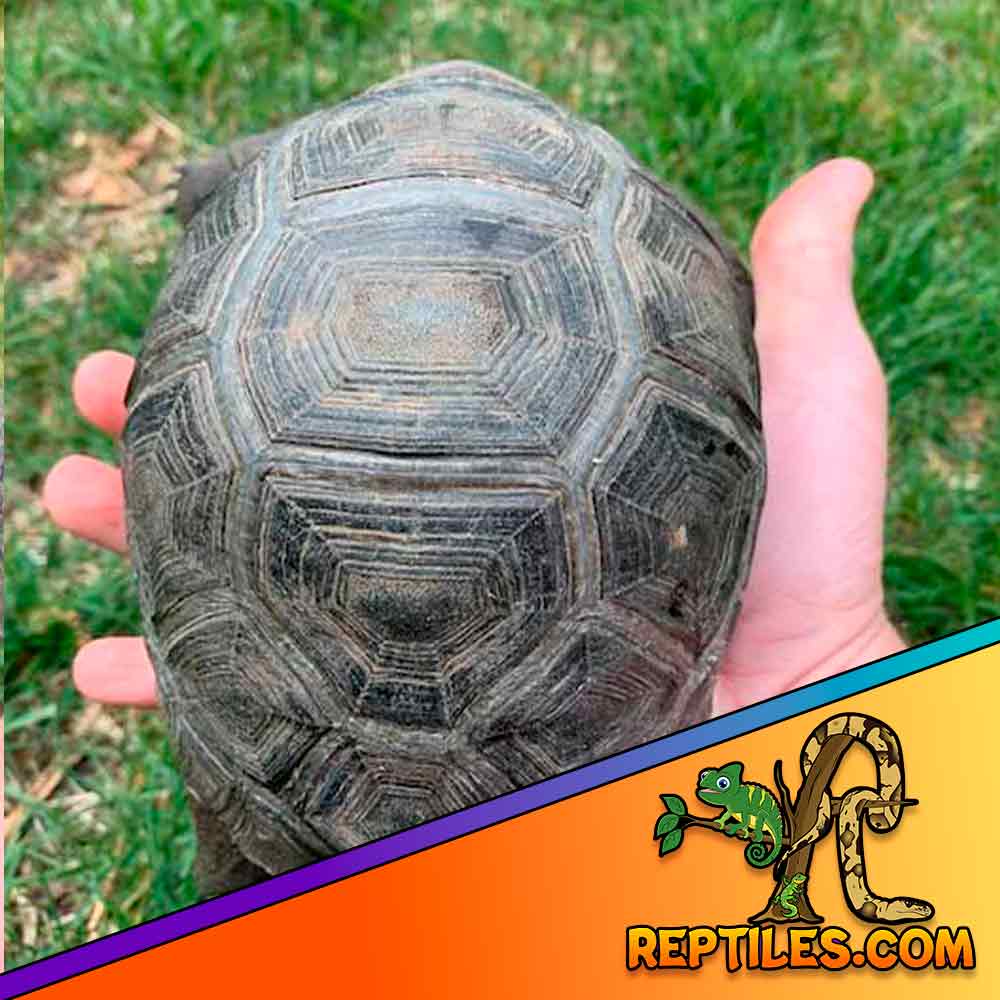
Growth Timeline: From Hatchling to Heavyweight Aldabra
Growth Timeline: From Hatchling to Heavyweight Aldabra — Buyer‑focused, practical husbandry and sourcing tips from Reptiles.com, America’s trusted Aldabra breeder.

Captive‑bred Aldabras from Reptiles.com arrive well started, hydrated, and feeding, making it easy for buyers to succeed. When quality matters, a focused breeder with captive‑bred stock is the difference between guesswork and predictable success. Offer large, low water pans for soaking and drinking; refresh daily to drive hydration and appetite. Feed primarily grasses, weeds, and leafy greens; dust calcium carbonate 2–3x weekly for smooth scute growth. Routine wins: timers for lights, morning salads, and predictable soaking keep these giants thriving. Buyers love how Aldabras learn their yard, cruise grazing lanes, and interact calmly with keepers.
See current availability in our large tortoise for sale section — and when you’re ready, you can buy tortoise directly from Reptiles.com.
Aldabra giant tortoises are living landmarks—calm, impressive, and surprisingly personable when raised with routine and space. Our team ships nationwide with proven packing methods and lifetime support from keepers who raise Aldabras daily. Provide strong linear T5 UVB for juveniles indoors; outdoors, safe access to natural sunlight is ideal. Provide strong linear T5 UVB for juveniles indoors; outdoors, safe access to natural sunlight is ideal. Routine wins: timers for lights, morning salads, and predictable soaking keep these giants thriving. Buyers love how Aldabras learn their yard, cruise grazing lanes, and interact calmly with keepers.
Popular choices include our Aldabra tortoise for sale listings and the coveted Giant Aldabra tortoise from our elite breeding program.
Built for open grasslands and coastal scrub, Aldabras excel in roomy yards with real sun, clean water, and natural grazing. When quality matters, a focused breeder with captive‑bred stock is the difference between guesswork and predictable success. Offer large, low water pans for soaking and drinking; refresh daily to drive hydration and appetite. Offer large, low water pans for soaking and drinking; refresh daily to drive hydration and appetite. Routine wins: timers for lights, morning salads, and predictable soaking keep these giants thriving. Buyers love how Aldabras learn their yard, cruise grazing lanes, and interact calmly with keepers.
| Forage & Greens | Frequency | Notes |
|---|---|---|
| Bermuda/Orchard hay clippings | Daily | Foundation fiber for adults |
| Dandelion, plantain, clover | Daily mix | Micronutrients & enrichment |
| Calcium carbonate | 2–3x/week | Supports smooth, heavy shell growth |
| Zone | Target | Purpose |
|---|---|---|
| Basking area | 96–100°F | Digestion & immunity |
| Sunny graze | 84–88°F | Activity & appetite |
| Shade shelter | 75–80°F | Thermal retreat mid‑day |
| Hydration pan | Fresh daily | Soaking & drinking |
Built for open grasslands and coastal scrub, Aldabras excel in roomy yards with real sun, clean water, and natural grazing. Reptiles.com starts babies on correct UVB, fiber‑heavy greens, and consistent hydration for smooth shells and steady growth. Feed primarily grasses, weeds, and leafy greens; dust calcium carbonate 2–3x weekly for smooth scute growth. Target a basking zone near 96–100°F; keep ambient days 82–86°F with a cooler retreat around 75°F. Routine wins: timers for lights, morning salads, and predictable soaking keep these giants thriving. Buyers love how Aldabras learn their yard, cruise grazing lanes, and interact calmly with keepers.

